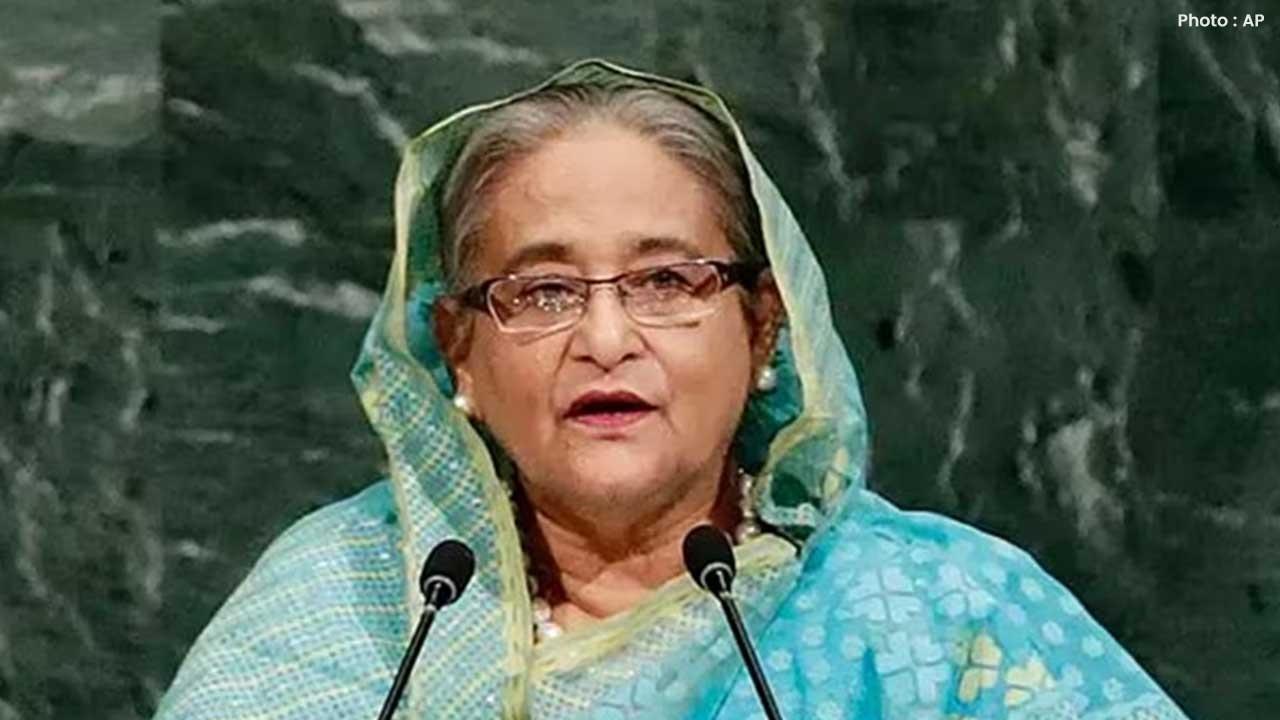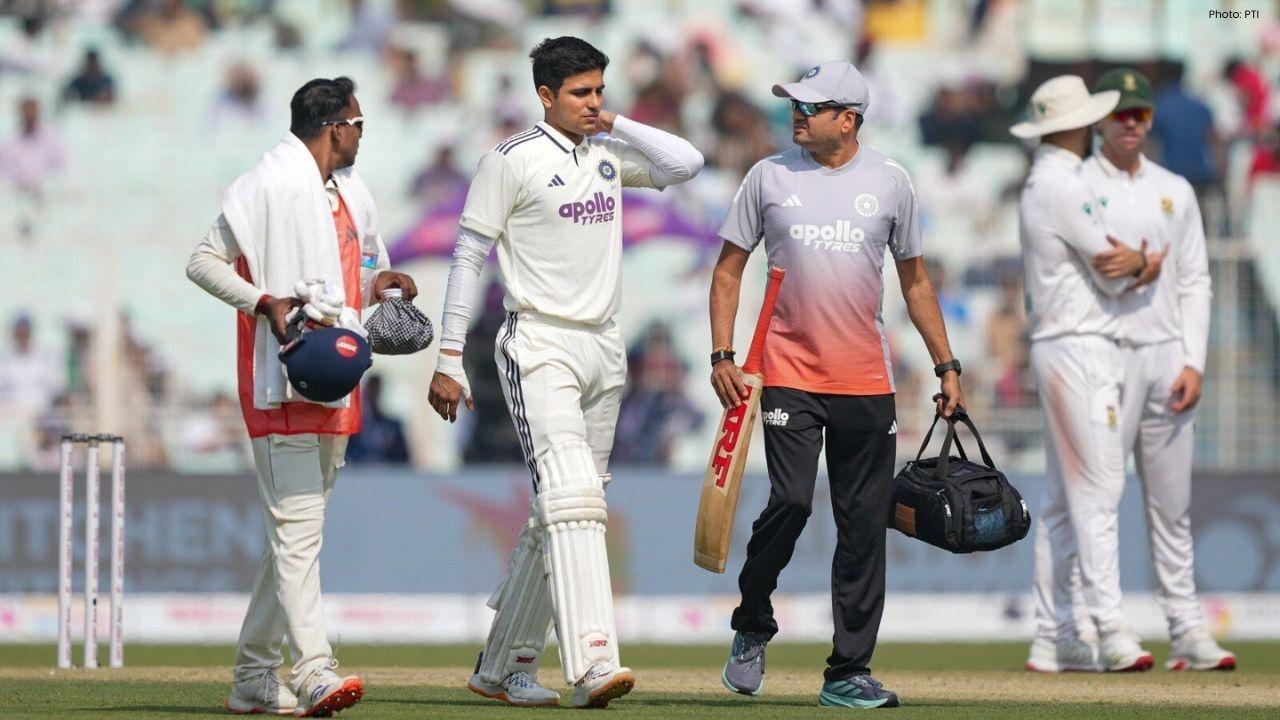
Post by : Raina Nasser
Dhaka, Nov 17, 2025 – In a pivotal and contentious decision, Sheikh Hasina, the former Prime Minister of Bangladesh, has been sentenced to death by the International Crimes Tribunal (ICT) for "crimes against humanity" linked to the anti-government protests that led to the fall of her Awami League government last year.
The ruling, announced by a three-member panel led by Judge Golam Mortuza Mozumder, found Hasina guilty on multiple charges including incitement and ordering the killings of demonstrators. Along with Hasina, former Home Minister Asaduzzaman Khan Kamal and ex-police chief Chowdhury Abdullah Al-Mamun faced similar sentences. Both Hasina and Kamal were tried in absentia, having left the nation amidst the turmoil, while Mamun initially attended court before cooperating with authorities.
The announcement of the verdict was met with mixed reactions; the courtroom surged with applause from supporters, while some spectators were visibly distressed. Judge Mozumder underscored the gravity of the offenses, stating, "Only one punishment is fitting—death." Furthermore, the ICT noted that Hasina cannot appeal unless she returns to Bangladesh or is apprehended within a specified timeframe.
Since August 5, 2024, Hasina has resided under self-imposed exile in India following massive protests near her home in Dhaka. The protests, sparked by widespread claims of government corruption and mismanagement, devolved into violent clashes resulting in over 1,400 fatalities, as reported by the United Nations. This exile marks the conclusion of her 15-year tenure as the prime minister.
The tribunal's decision marks a significant yet contentious episode in Bangladesh's political timeline, not only raising concerns about judicial propriety but also the risk of renewed civil unrest. Critics have voiced apprehensions regarding the legitimacy of trials conducted in absentia while pointing to concerns about bias due to Hasina’s substantial political sway and global ties.
Eyes from the international community are focused on this unfolding saga, as Hasina remains under protective measures in Delhi. Human rights groups have urged caution, stressing that high-stakes political trials can exacerbate tensions both within and beyond Bangladesh’s borders.
Hasina's sentencing arrives at a volatile moment for the nation, which is reeling from political unrest and social disturbances. The country now faces the intricate task of managing security while contending with global scrutiny.
This ruling is poised to have significant ramifications not only for Bangladesh’s domestic landscape but also for international relations as leaders and human rights organizations consider the implications of such a politically charged verdict.
As Bangladesh confronts the implications of this unprecedented ruling, both Dhaka and Delhi remain at the forefront of geopolitical attention as observers await further developments in a saga that has fundamentally altered the nation’s contemporary political scenery.










Shubman Gill's Neck Injury Puts Second Test Participation in Doubt
Shubman Gill is recovering from a neck injury, raising concerns about his availability for India’s s

Daryl Mitchell's Availability Uncertain Following Groin Injury in ODI Series
Daryl Mitchell's participation in New Zealand’s ODI series against West Indies is in jeopardy due to

Exploring the Maximalist Elegance of Sonam Kapoor’s Mumbai Residence
Discover Sonam Kapoor's Mumbai home, where heritage influences meet a luxurious aesthetic, perfect f

McLaren Welcomes Three Promising Young Female Drivers
McLaren strengthens its Driver Development Programme with the addition of three talented young women

Haaland Guides Norway to World Cup Glory for First Time Since 1998
Erling Haaland propelled Norway into the 2026 World Cup, scoring 16 goals and earning admiration as

Curacao, Haiti, and Suriname's Quest for World Cup Glory
Curacao, Haiti, and Suriname aim for a historic World Cup spot as Concacaf qualifiers reach their th